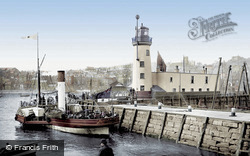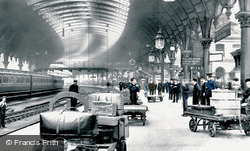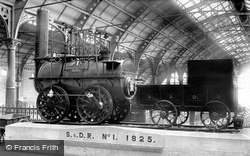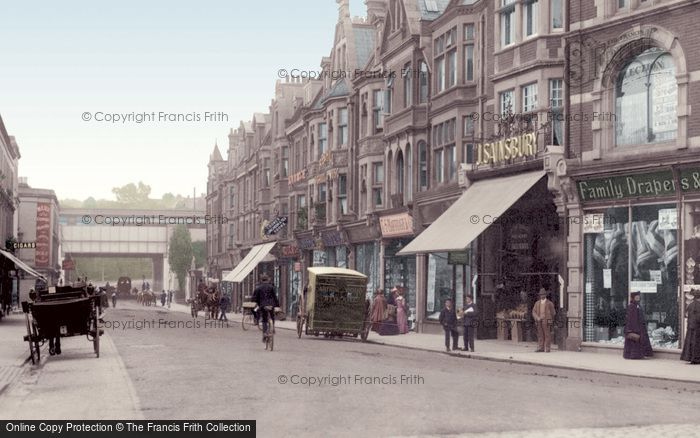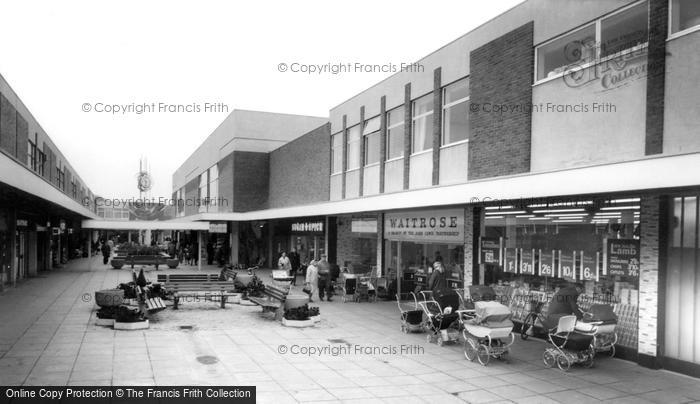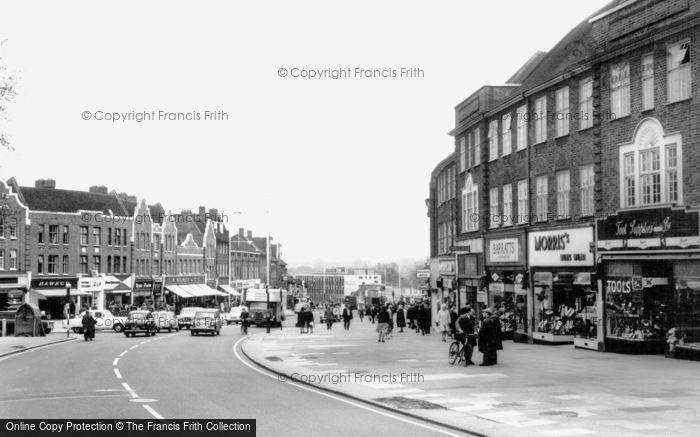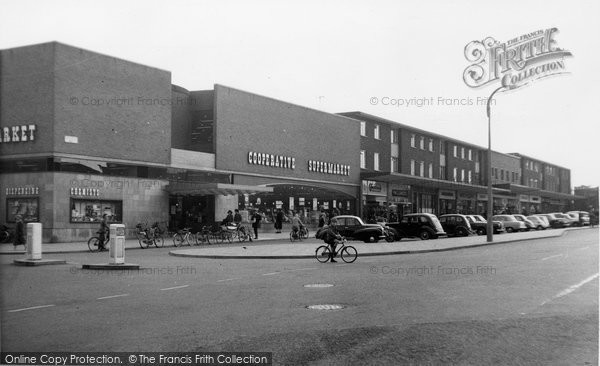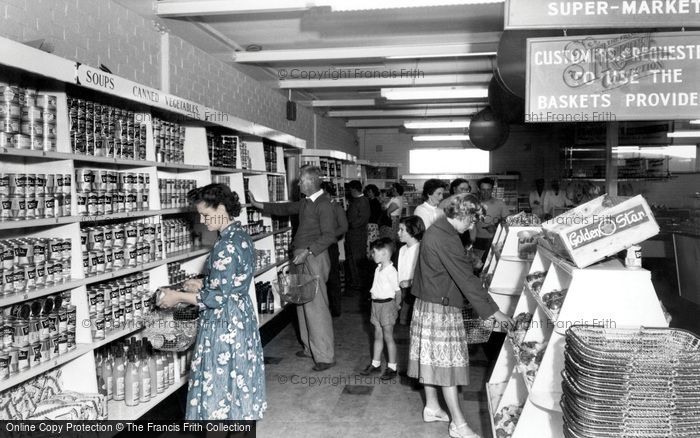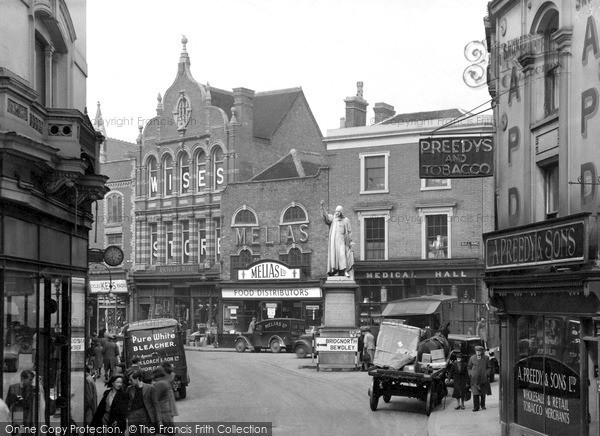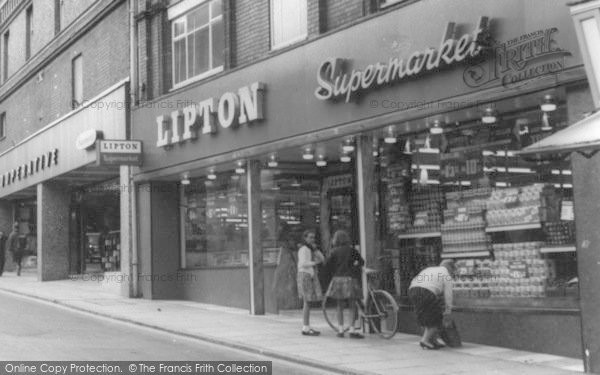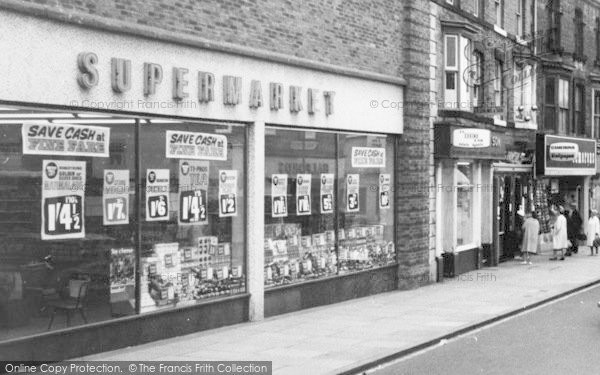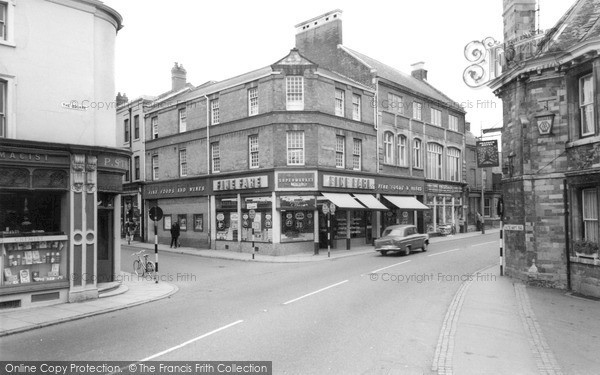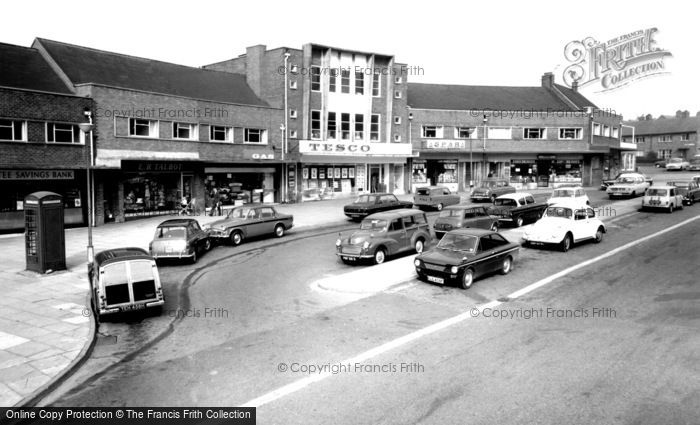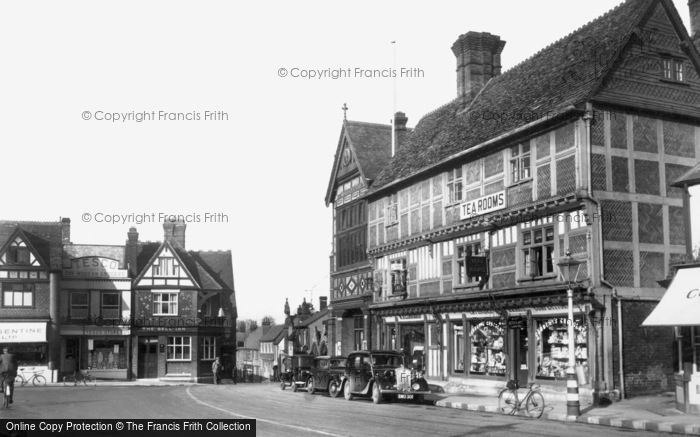Search the Archive
Explore all the places you remember!
Subscribe
Join the thousands who receive our regular doses of warming nostalgia! Have our latest blog posts and archive news delivered directly to your inbox. Absolutely free. Unsubscribe anytime.
Recent Blog Features
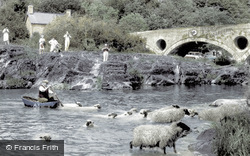
Country Life
A fascinating selection of images documenting the record of rural life and social and economic change in Britain’s countryside over the last 150 years. (read)
Say Hello!
How to keep in touch with us.Early Supermarkets
Published on January 20th, 2025
In the days before a refrigerator was in every house, freezers were still a novelty and convenience foods unheard-of, the housewife bought fresh food nearly every day. Street markets were a regular and vibrant part of the life of most towns. However, post-war Britain saw a change in people’s shopping habits, as self-service stores started to appear. The advantages were a wider range of goods stocked, and cheaper prices. There were advantages for the shopkeeper, too. Fewer staff were needed, and experience showed that more goods and more choice meant more purchases – so much so that in 1956 the government warned women ‘not to be lured into overspending’.
A national survey reported mixed reaction to self-service shops. The big store owners reported sales had doubled or quadrupled, but a majority of shoppers felt that ‘it encourages pilfering…removes the personal touch…and threatens the livelihood of small shopkeepers’. Supermarkets were still few and far between in 1956, but it wasn’t long before they became a novel and exciting feature of every town centre.
Here are some nostalgic photos of these early supermarkets in the past – some names are now long gone, like Fine Fare and the International Stores, but others are still with us, like Tesco, Waitrose and Sainsbury’s.
"I lived in Ashby as a child. When I was 11 in 1948, Broadway was nothing more than an overgrown field, I realise now there must have been houses there that had been pulled down ready to build Broadway, but as a child all I saw was a field fronted by a picket fence. When they built Broadway it was so exciting to go in the Co-op, and climb the central stairs up to the clothing and underwear counters, the stairs were wide and had benches half way up on a wide landing, people including my mother and myself would sit and look over onto the makeup and perfume counter below.""
Photo:
Ashby, Shopping Centre c.1955.
Memory:
Ashby Broadway
wanted outdoor holidays with plenty of activities. For years this was Poole Council’s only concession to the tourism industry, which did well in neighbouring Bournemouth. Well-filled shelves in the camp shop provided daily basics for self-catering families. Supermarkets at this date were still a modern idea. As you can see in this photograph, there was a large amount of tinned food and soup, as most accommodation at the holiday camp did not have a fridge.
Perhaps you'd like..?
If you liked our "Early Supermarkets" Blog Feature, you might like to see and follow this Francis Frith board over on Pinterest.
Subscribe
Join the thousands who receive our regular doses of warming nostalgia! Have our latest blog posts and archive news delivered directly to your inbox. Absolutely free. Unsubscribe anytime.

